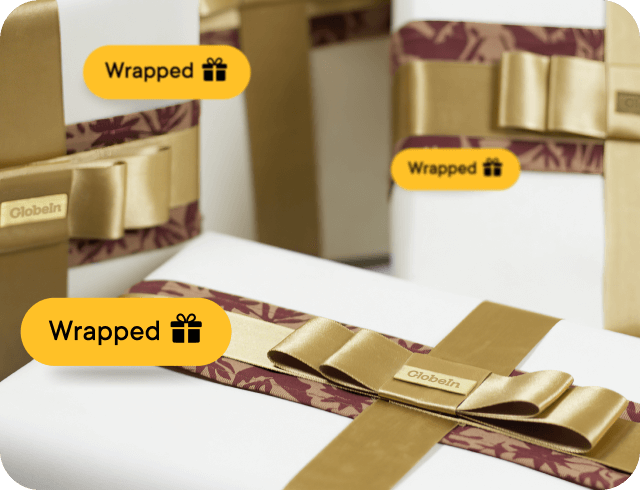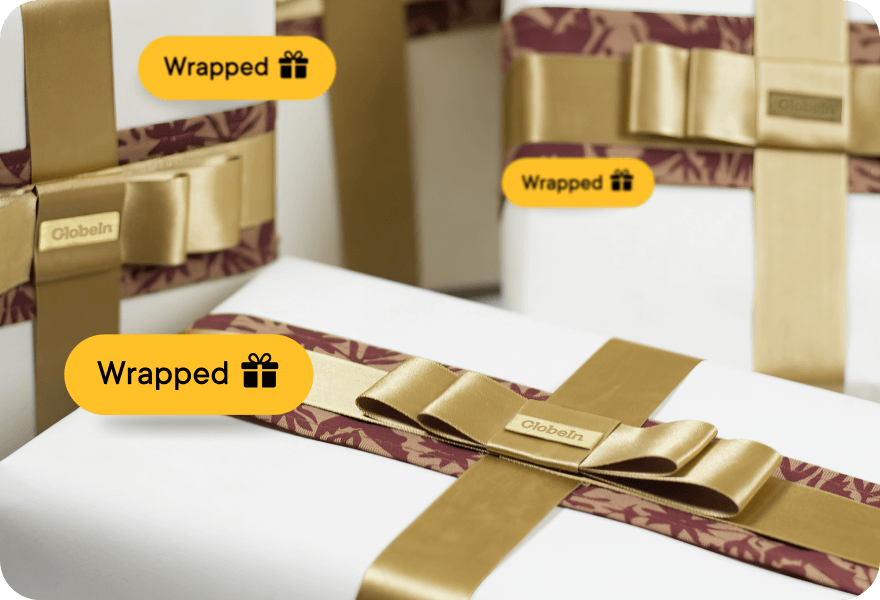

✓ Item added to cart
View Cart
Handmade Cotton Batik Lined 11 Inch Laptop or Tablet Sleeve - Uluwatu Pandan in Black
$63.00
$0.00
Learn more >
Sourced
Guarantee
Lily Melyawati presents a unique laptop sleeve with natural appeal. The case is crafted from hand-woven pandan leaves and trimmed in black cotton. Featuring a fully-lined interior of hand-stamped Javanese cotton batik, the case is secured with a toggle and loop. 'We can keep an ancient tradition alive while replacing plastics and rubber with the natural and sustainable pandan weave', observes the artisan. The sleeve is designed for a 11-inch laptop.
- Pandan leaf with cotton trim. Cotton lining.
- 0.29 lbs
- Open: 17.8 inches H x 10.8 inches W x 0.4 inches D
- Closed: 13.5 inches H x 10.8 inches W x 0.8 inches D
THE STORY BEHIND THE PRODUCT

Artisan Organization: Lily Melyawati
Country: Mexico
I'm Lily Melyawati from Bali. I've been surrounded by pandan mats since the day I was born in our family's little house on the beach. My mother delivered me during a storm, while my father was bringing in his fishing nets. I'm the second of three sisters and we also have a younger brother. My father was a fisherman and he still is. My mother has a local food stall, or warung, with which they made enough income to send all four of us through high school. My parents encouraged us to attend university if we could work to pay for our higher education.
The beach where I lived as a child was a massive German soldiers' camp back when Indonesia was fighting for its independence. When I was growing up there, it was a popular beach for surfers and tourists. I learned a lot from the many people and cultures represented there. The area has been developing since I was a child, but not as fast as it is today.
"When I was very young, my parents had little money. They sent me to live with my maternal great grandmother in the jungle. I learned a lot while living there, like how to live simply, to appreciate what we had, and I also learned about respect, as my mother is from the Brahmana caste. During that time, I was moving back and forth between the compound of my family's high priest and the jungle. I stayed there until first grade, when my parents brought me back to live with them. All six of us lived in a shack by the beach. We slept on pandan mats as our beds.
"Once, my father took me out in his small outrigger canoe to pull in the fishing nets in the ocean. He said that I should be proud to be a fisherman's daughter but, when I got seasick, he said that I shouldn't be a fisherwoman.
"My parents separated, but eventually got back together and reunited the rest of the family. We were all so happy. I realized that no matter what might happen to any of us, we needed to stick together and figure out our problems and help each other.
"I'm married and have two beautiful daughters. My husband comes from a different culture and raising curious children to be bi-cultural is a challenge as a parent. But I am so honored to be their mother.
"I work at home designing useful articles in pandan leaves and cotton batik fabric. Two members of my family also work with me. Pandan leaves are a fast-growing sustainable crop. We don't use machines or chemicals to cut, dry and weave pandan leaves like some local families have traditionally done.
"We manage the work depending on daily routines. The family and ceremonies come first. Generally, the elders are the skilled weavers, and work when they can. A network of families harvest the pandan leaves from their land. Then they are cut, dried, and woven into different mat sizes. A tailor then cuts the mats and sews cotton batik fabric onto it. The finishing details are done with a sewing machine.
"People here have cut, dried and woven the pandan plant for centuries. Keeping the craft and tradition alive also provides a source of income that enables people to keep their family lands and way of life. This craft helps lessen the pressure felt from developers to sell family property, and move to work in the tourism industry. Pandan mats have been an integral fixture in all Balinese ceremonies and are also daily fixtures as bedding, ground covers, and shade.
"Our creations are a modern take on an ancient tradition. As many cultural aspects disappear, and some artisans change to more convenient materials like plastic, we support that which is handmade, ecological and culturally original.
"We hope that working with Novica will allow people around the world to appreciate these special creations from Indonesia.""



















